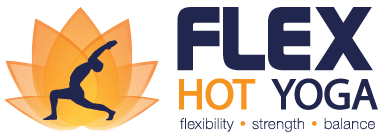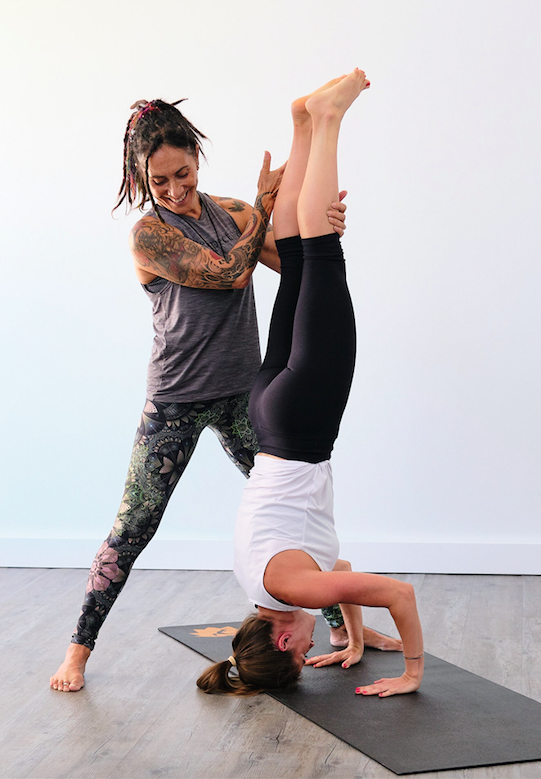Posture of the month: Head stand (Sirsasana)
Often referred to as the king of yoga postures, Sirsasana (say: Sheer-Sha-sana), in Sanskrit, simply means head stand, or head posture. (From Sirsa: head, and Asana: posture).
As one of the most popular inversions, the head stand has a powerful effect on your brain and mind. It increases the blood flow to the brain and hence augments oxygen levels, saturation with nutrients and general vitality. If you practice regularly, you will notice greater clarity of thought and ease of concentration.
The increased blood flow to the head also stimulates the pituitary gland - the "master gland" that controls the function of your endocrine system which extends to your thyroid, adrenal gland, ovaries, testes, etc.. This stimulation has positive effects on many of your bodily functions and revitalises both your mind and central nervous system.
Sirsasana and your chakra system
Like many inversions, the increased blood flow to the head helps to awaken the Sahasrara Chakra (the crown).
Regularly referred to as a thousand-petaled lotus, the Sahasrara Chakra is said to be the most subtle chakra in your system. It is in charge of your connection to the Divine and relates to your ability to tap into your higher consciousness. It is from the Sahasrara Chakra that all the other chakras emanate. Yogis who are able to powerfully raise their kundalini energy up to this point, can be able to experience a state of Samadhi (bliss, unwaveringness).
In addition, Sirsasana can help with opening the Ajna Chakra (third eye). As energy flows to the third eye, you experience mental clarity and renewed energy. In the long run, it may also help concentration and allow you to retain more information.
If you engage in yoga as a spiritual practice, Sirsasana can provide you with the opportunity to redirect your sexual energy into a higher spiritual energy. This supports your general wellbeing, leads to a positive aura and can support you in heightening other spiritual yoga practices.
Ajna Chakra
Sahasrara Chakra
Contraindications - when NOT to practice head stands
If you have any neck, spine or shoulder problems
If you have high blood pressure or glaucoma, as it puts your heart above your head
During menstruation, as this goes against the natural flow
When practicing Sirsasana, your neck should feel uncompressed and long. If it doesn't, keep the weight in your arms and keep strengthening your foundation. As an alternative, put your legs up against the wall or ask the Flex teachers what other options you have…




